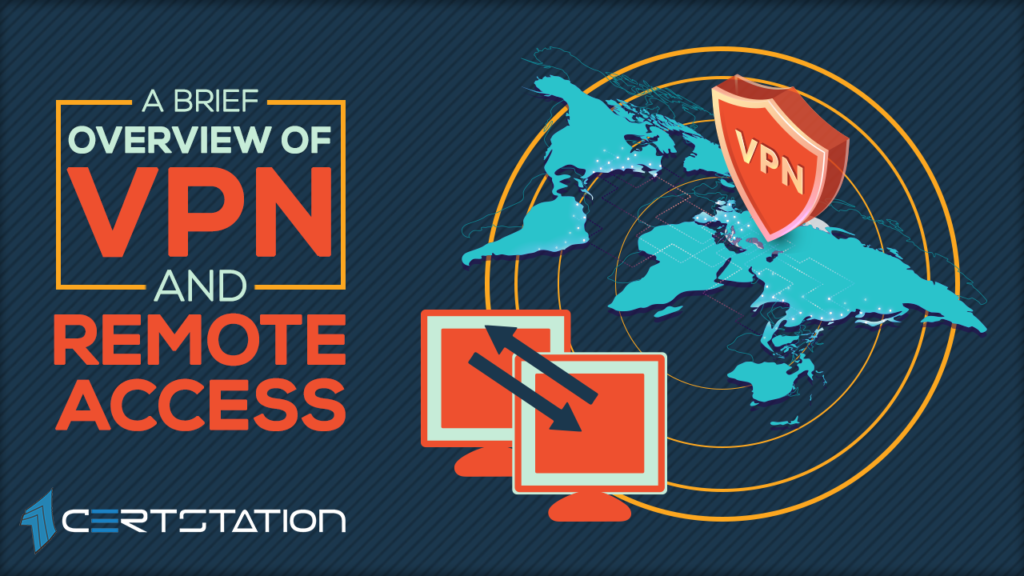
In today’s digital age, where online activities have become integral to our daily routines, the need for ensuring privacy and security on the internet has never been more pressing. This is where Virtual Private Networks, or VPNs, step in to provide a shield against potential threats. VPNs offer a secure connection that encrypts data transmitted over the internet, thereby safeguarding users’ online activities from prying eyes while also allowing them to access geo-blocked content. Whether you’re concerned about protecting your personal information from cybercriminals, evading censorship, or simply looking to enhance your online privacy, understanding the power of VPNs is essential in today’s interconnected world.
Benefits of VPNs
In today’s digital age, using a VPN provides enhanced security and privacy for your online activities. By encrypting your internet connection, VPNs ensure that your data remains confidential and protected from potential threats.
Moreover, VPNs allow you to bypass geo-restrictions and access content that may be otherwise unavailable in your region. Whether you’re traveling abroad or simply want to explore content from different locations, a VPN grants you the freedom to browse the web without limitations.
Additionally, utilizing a VPN while connected to public Wi-Fi networks shields you from potential cyber attacks. With VPN encryption in place, you can confidently use public hotspots without worrying about unauthorized access to your sensitive information.
Choosing the Right VPN Provider
When selecting a VPN provider, it is essential to consider the level of encryption offered. Make sure the VPN uses strong encryption protocols like AES-256, which ensures your data remains secure and private during transit.
Another crucial factor to look for in a VPN provider is a strict no-logs policy. This means that the provider does not collect or store any information about your online activities, adding an extra layer of anonymity to your browsing experience.
Lastly, take into account the server locations provided by the VPN service. Having servers in various countries can help you access geo-restricted content and improve your connection speeds by connecting to a server closer to your physical location.
Best Practices for Using a VPN
When using a VPN, always ensure that you are connected to a secure and reputable service provider. It is important to choose a VPN that offers strong encryption protocols to keep your data safe from prying eyes.
Another important best practice is to regularly update your VPN software. Security vulnerabilities can arise in VPN programs, so staying up to date with the latest versions will help protect your online privacy.
Lastly, avoid connecting to public Wi-Fi networks without using your VPN. Public Wi-Fi hotspots are often targets for hackers looking to intercept data, so using a VPN adds an extra layer of protection when accessing the internet on the go.